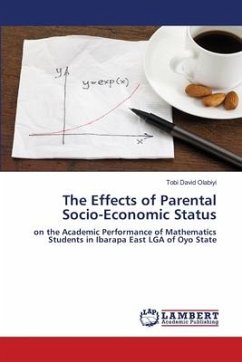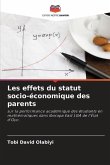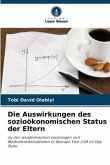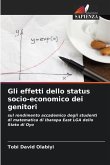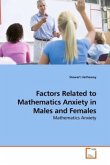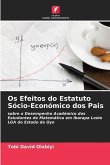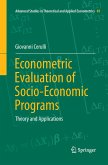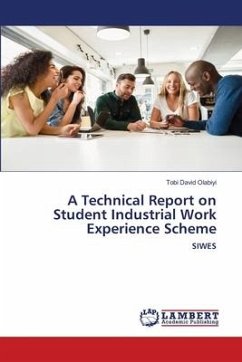This book examined the effects of parental socio-economic status on the academic performance of mathematics students in some selected secondary schools in Ibarapa East Local Government Area of Oyo State, Nigeria. The descriptive research design was adopted for this study, this is because the variables studied were not manipulated but studied retrospectively the way they occur naturally. The population of the study covered the entire secondary schools mathematics students (both males and females) in the area of study. Out of this population, sixty (60) students used as sample were selected from the senior secondary schools (SSS) mathematics students for the study; using the random sampling techniques. The instrument used to collect data for the study was a twenty-two items self-structured questionnaire. Four hypotheses were formulated and tested during the study using the Chi-square statistical tool. Each of the results obtained from the tests was compared with its critical value at 5% level of significance. On the basis of the findings made in the study, we conclude that parental socio-economic status influences the secondary school students 'academic performance in Mathematics'.
Bitte wählen Sie Ihr Anliegen aus.
Rechnungen
Retourenschein anfordern
Bestellstatus
Storno

